Hunting is a profound activity that requires skills and the right knowledge. This tutorial is designed to guide you through practical steps to become a skilled hunter. From selecting the right equipment to effective hunting techniques, let’s explore the world of hunting with this guide.
1. Choosing the Right Equipment
The first step towards success in hunting is selecting the right equipment. Start with a suitable firearm or bow based on the type of hunting you’re interested in. Ensure you have protective gear, including waterproof clothing, comfortable shoes, and emergency medical supplies.
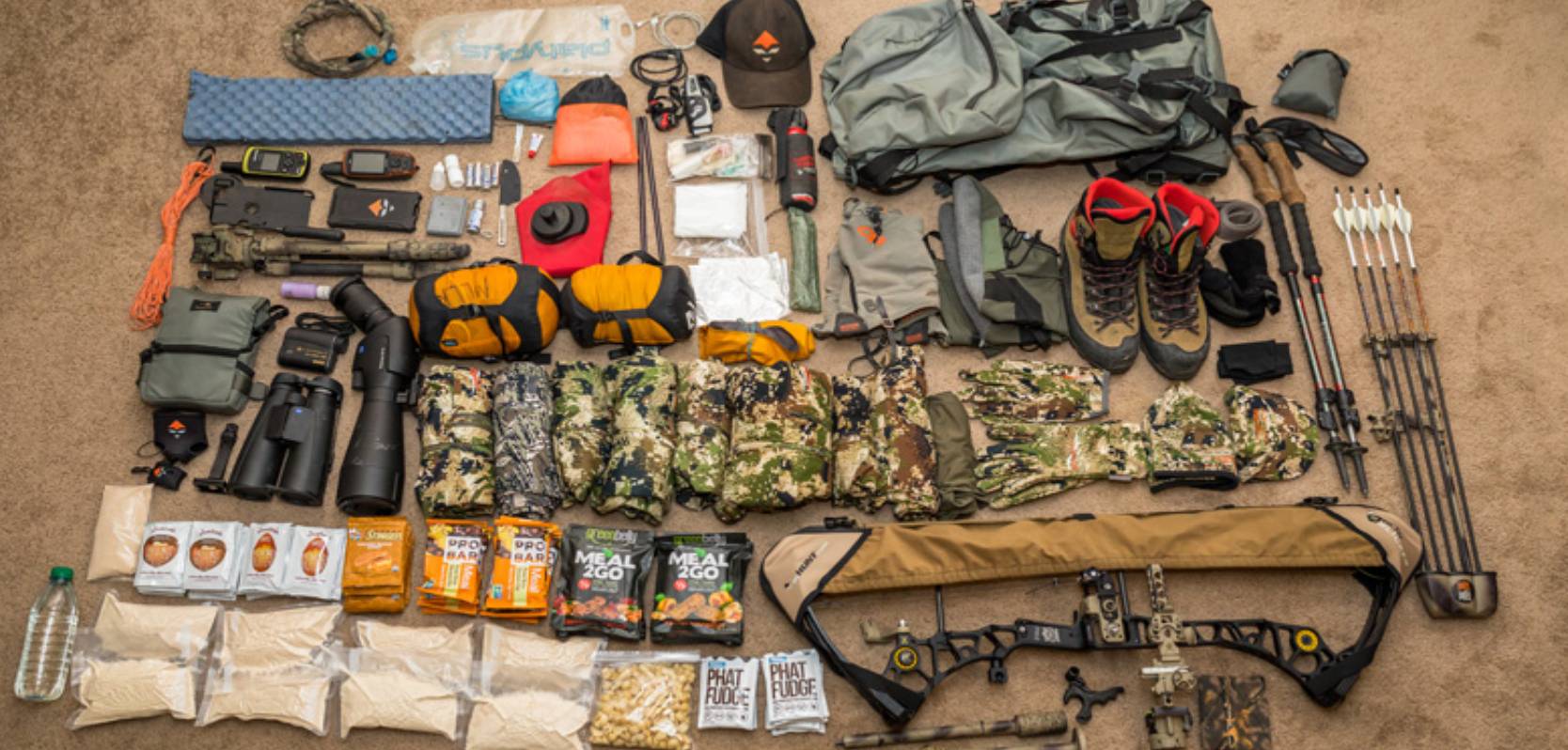
2. Understand Hunting Laws and Ethics
Before embarking on a hunting adventure, understand the hunting laws and ethics in your area. Ensure you have the required permits and licenses, and comply with rules regarding hunting seasons, quotas, and the types of animals that can be hunted. Hunting ethics also involve respect for nature and the animals being hunted.
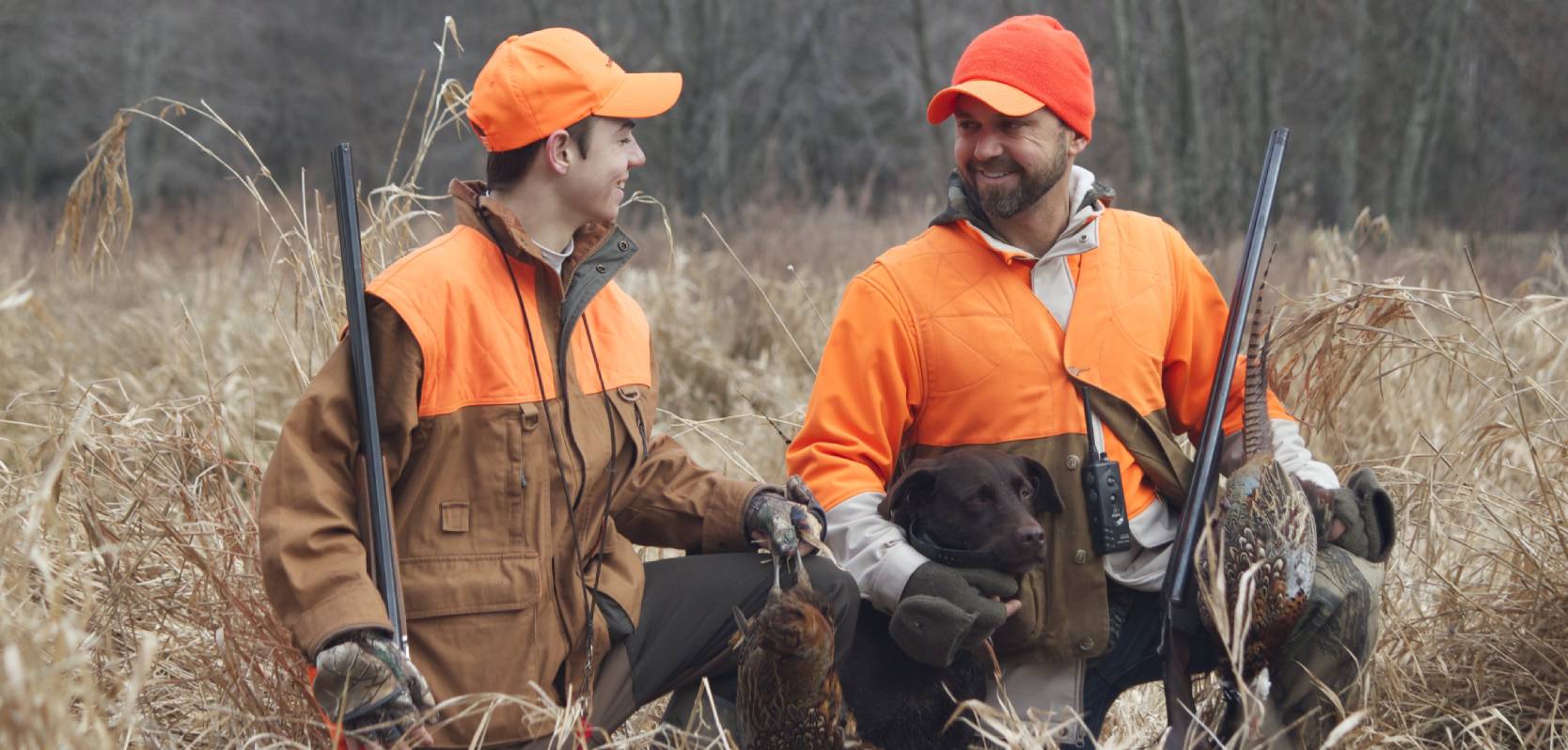
3. Learn Animal Tracks and Signs
Skills in detecting animal tracks and signs are crucial in hunting. Learn how to identify animal tracks, nests, and signs of behavior that can provide clues about their presence. This skill will enhance your chances of approaching animals more effectively.
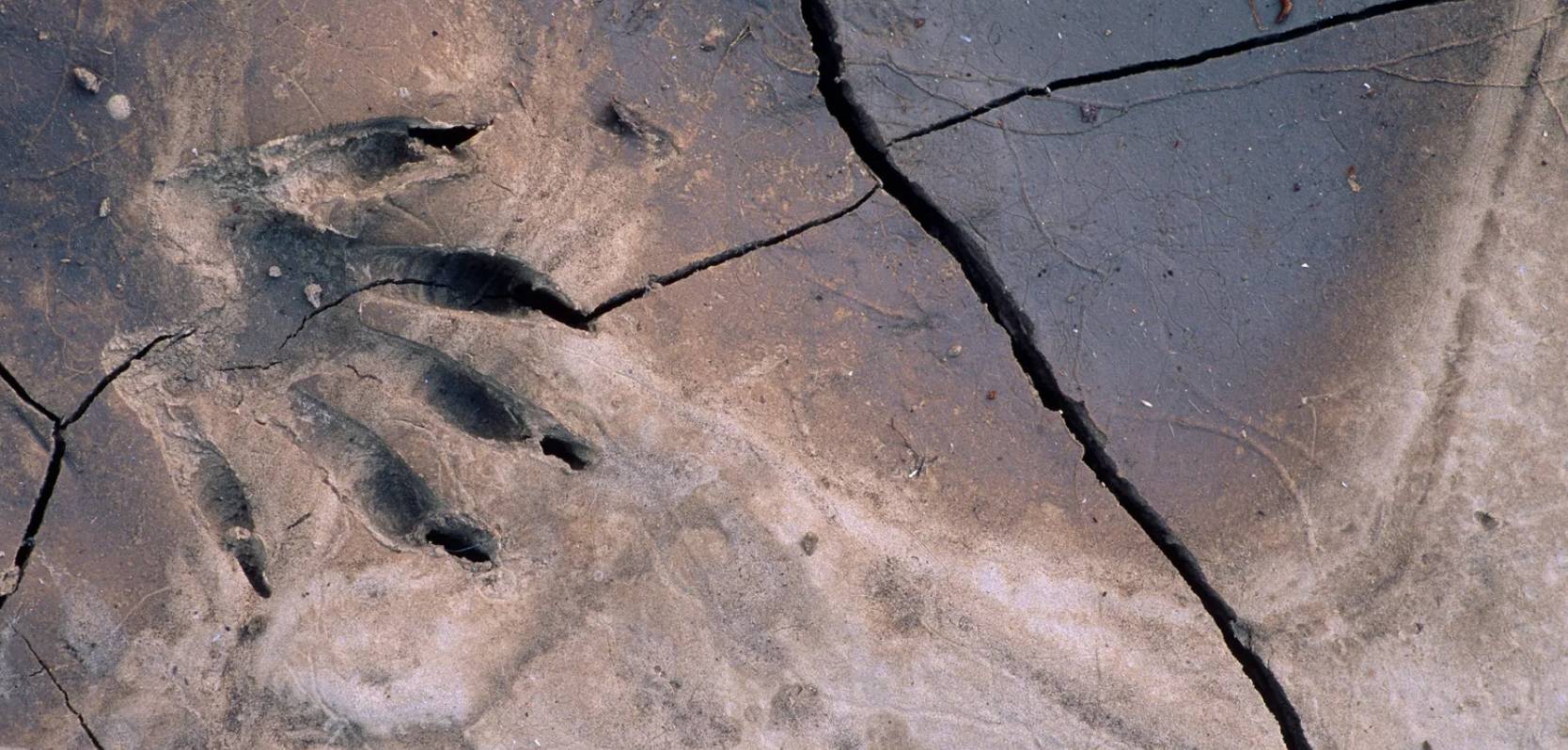
4. Camouflage and Stalking Techniques
Becoming a proficient stalker is key in hunting. Learn camouflage and stalking techniques that can help you approach animals without being detected. This involves understanding wind direction, moving cautiously, and using camouflage gear.
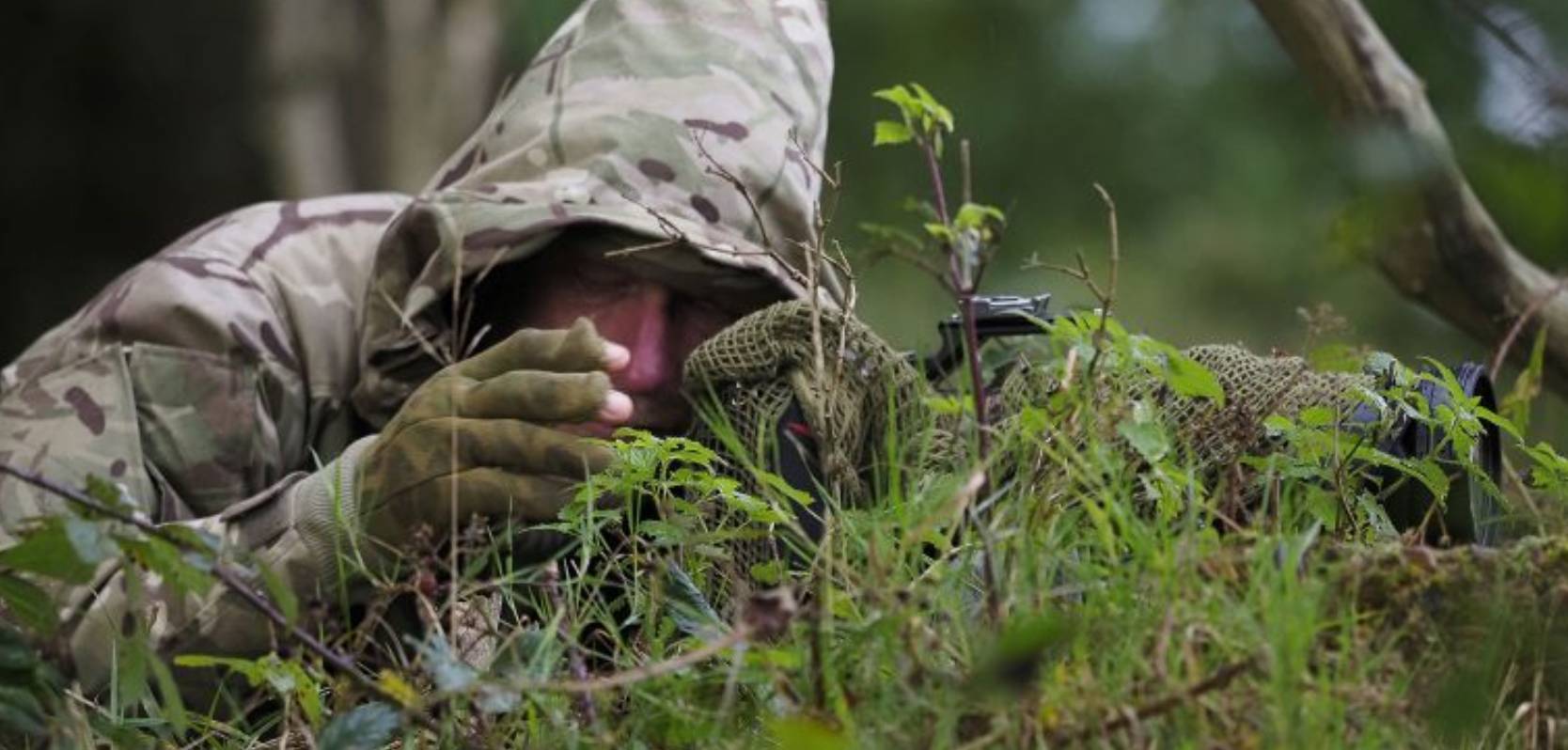
5. Precision Shooting Skills
Precision shooting skills are the foundation of hunting success. Regularly practice your shooting skills, both at shooting ranges and in conditions that simulate hunting situations. Focus on accuracy and reaction speed to improve your hunting success rate.
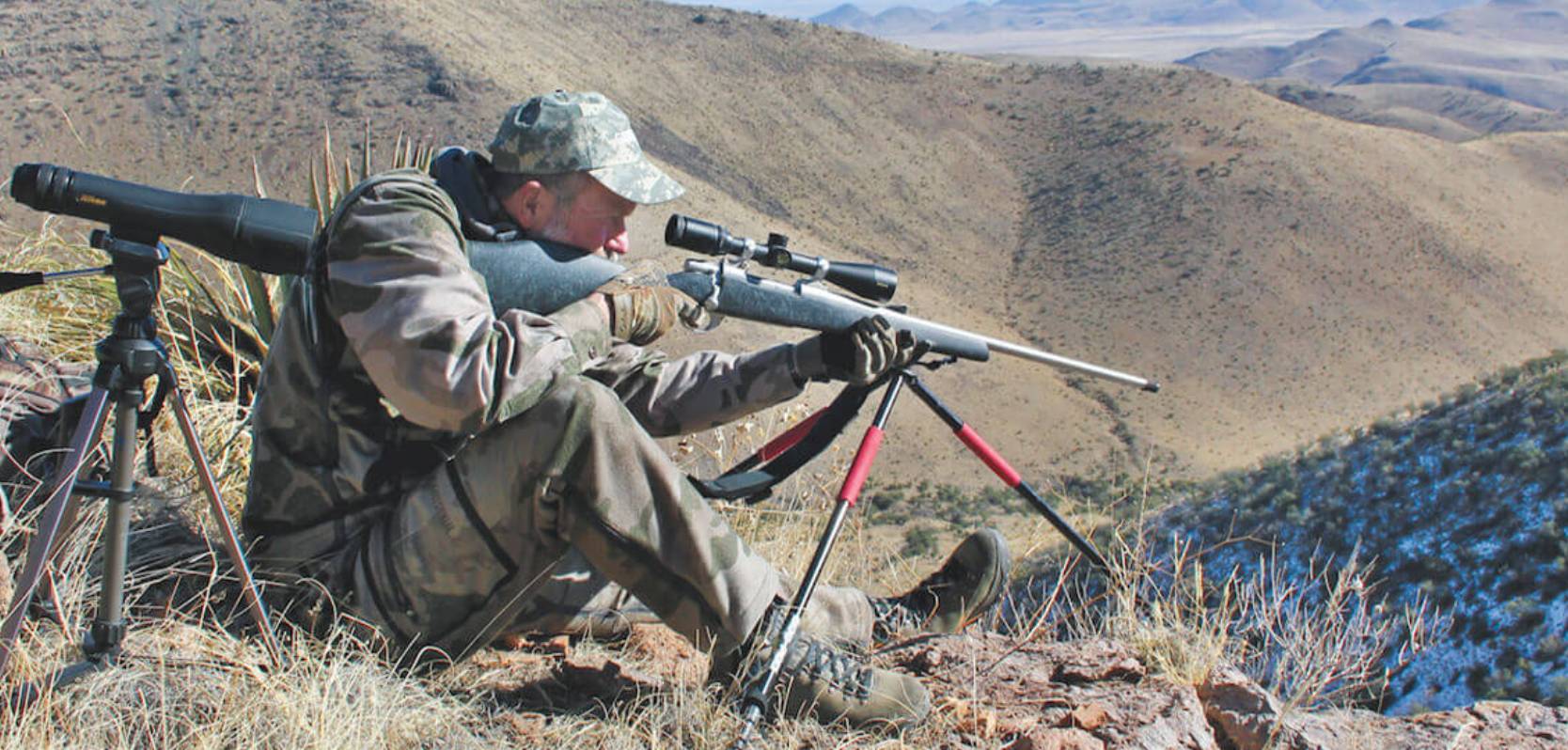
6. Managing Hunted Game Responsibly
After a successful hunt, it’s important to manage the game responsibly. Understand the rules for storing and processing meat, as well as how to donate the remains of the hunted animal. Be responsible for the natural resources and the animals you take.
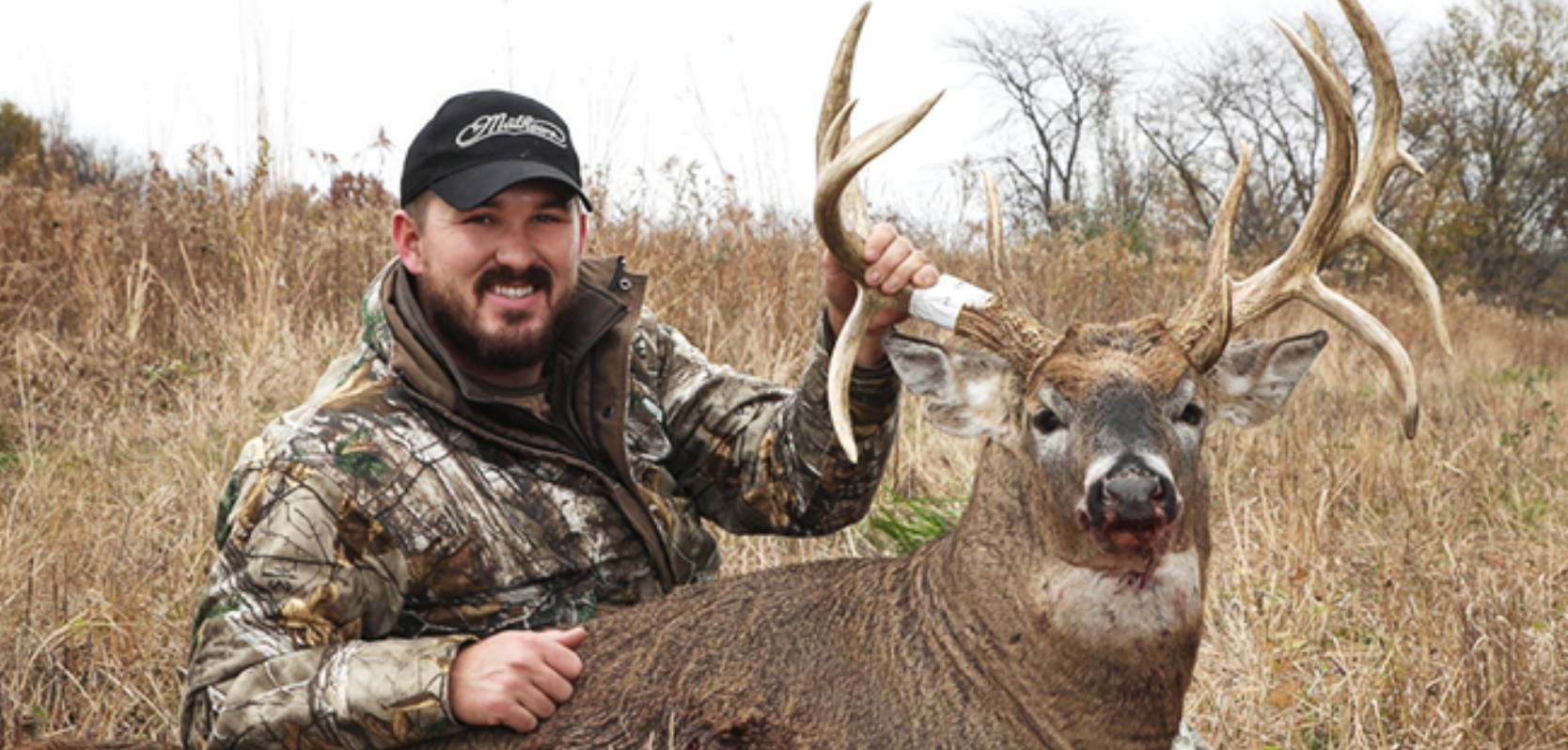
7. Learn from Experience and Mistakes
Every hunting adventure brings new lessons. Embrace the experiences and learn from mistakes. Record details of each hunt, including successful techniques and areas for improvement. This will help you continuously enhance your hunting skills over time.
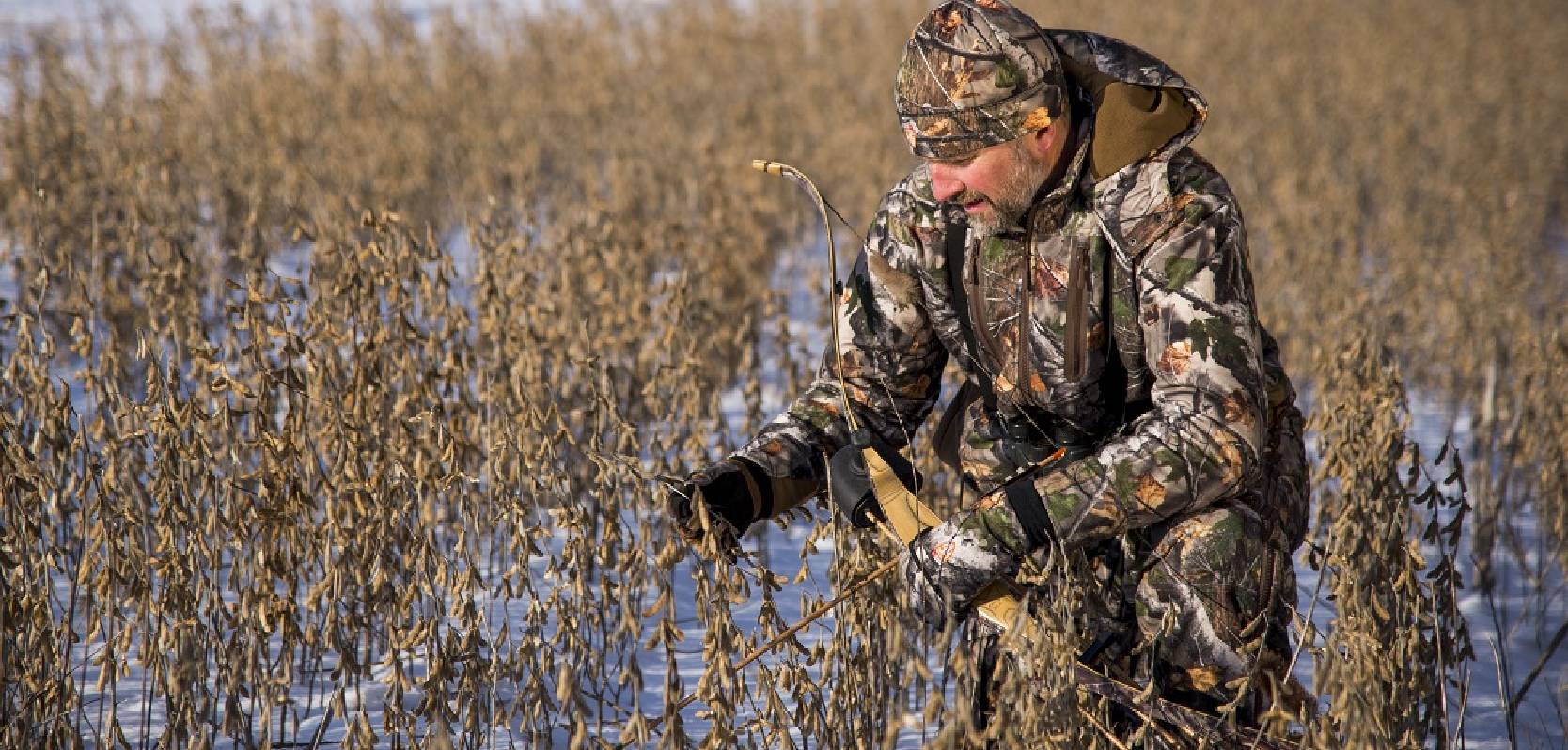
8. Respect Nature and Ecosystem Balance
A skilled hunter should also be a nature conservator. Understand the importance of maintaining ecosystem balance and respect the surrounding environment. Hunt responsibly, ensuring that your activities do not harm the sustainability of the ecosystem.
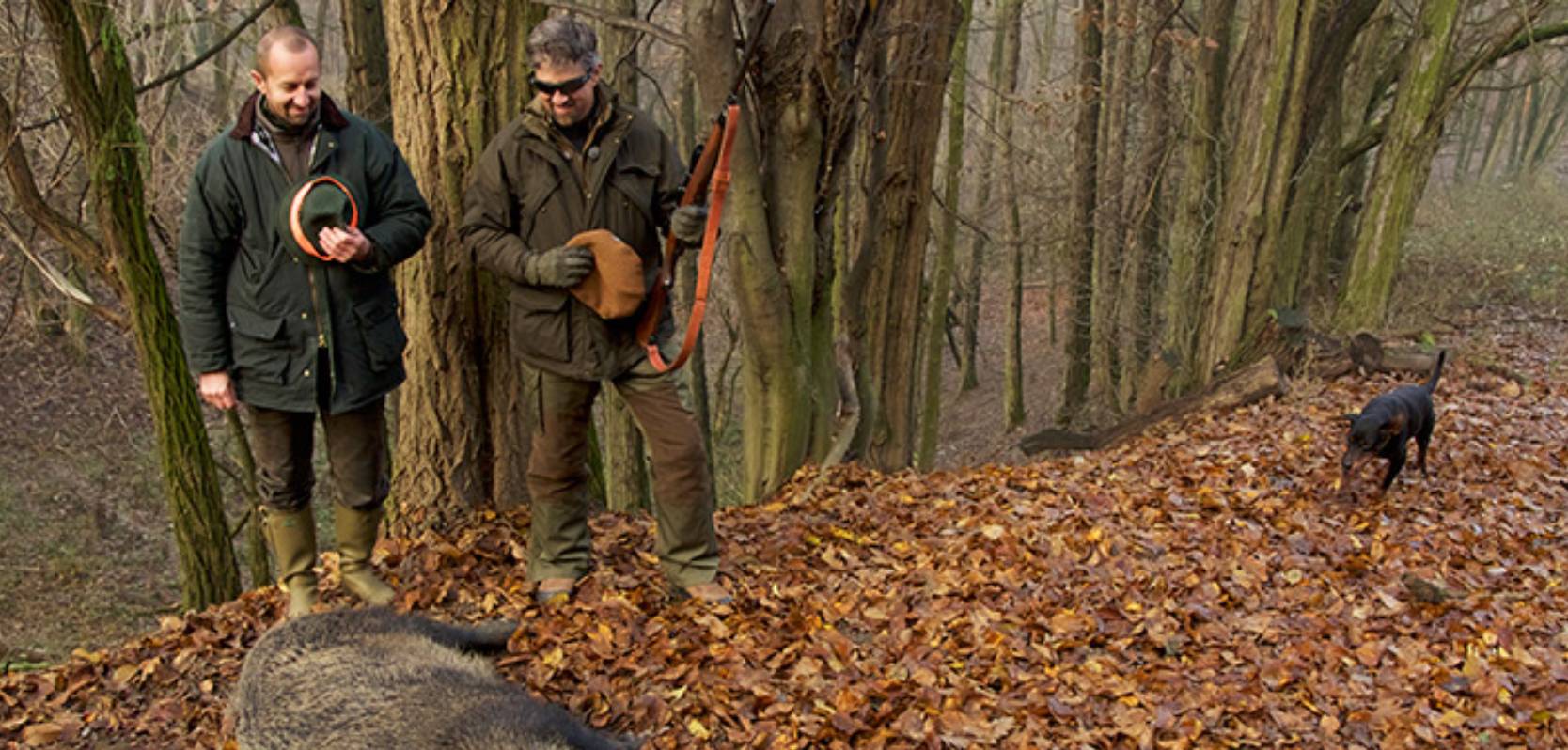
By following this guide, you can plan and execute each hunt more effectively. Prioritize safety, hunting ethics, and environmental preservation as you explore this profound and satisfying world.



